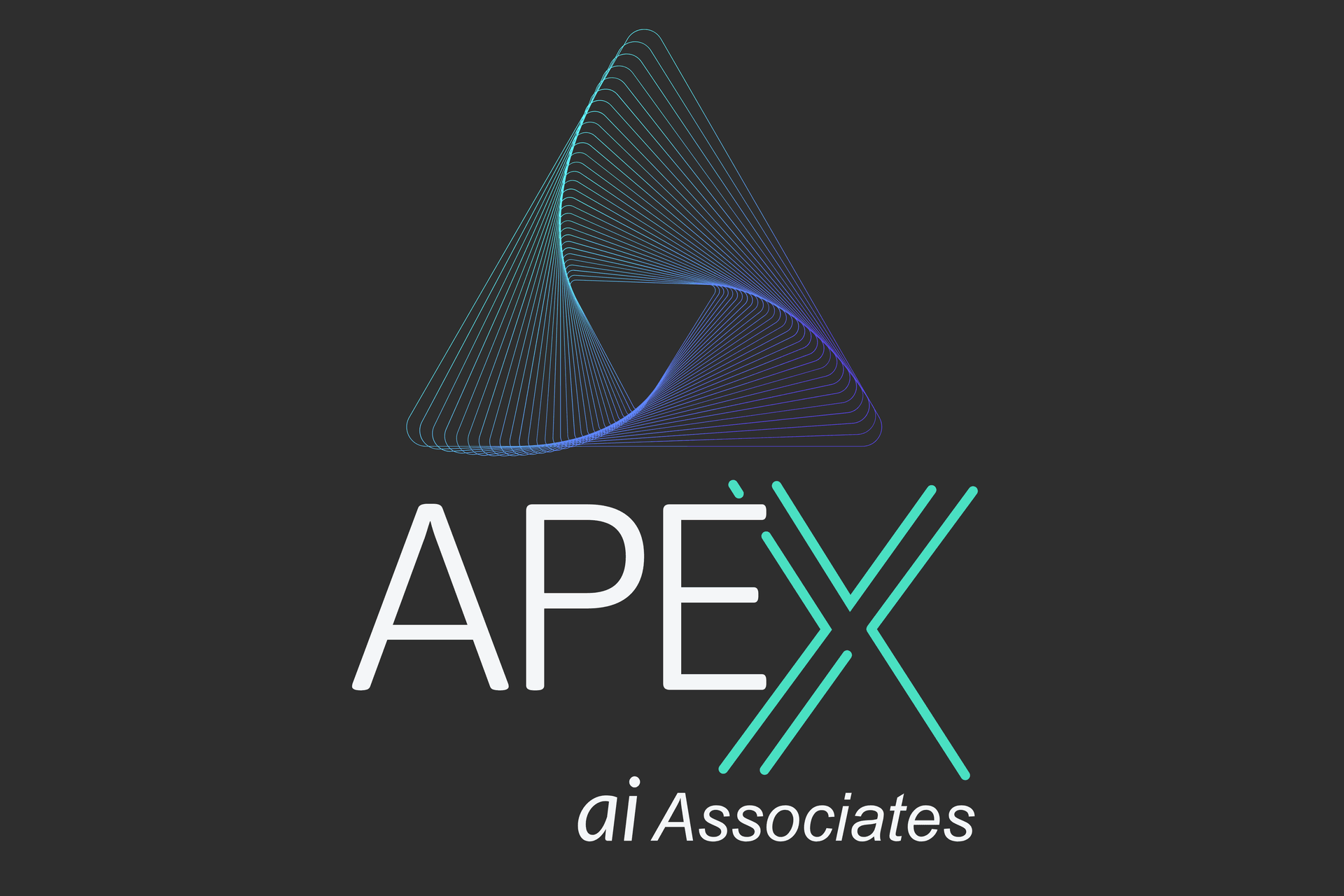Myth-Busting AI: Common Misconceptions About AI in Business
Understanding AI: A Double-Edged Sword
Artificial Intelligence (AI) has revolutionized the way businesses operate, offering unprecedented opportunities for growth and efficiency. However, despite its transformative power, AI is often shrouded in misconceptions that can lead to hesitation or misuse. In this post, we aim to debunk some common myths surrounding AI in the business context.

Myth 1: AI Will Replace Human Jobs
One of the most pervasive myths about AI is that it will replace human jobs entirely. While it's true that AI can automate routine tasks, it is more accurate to say that AI changes the nature of work rather than eliminating it. AI tools can handle data processing and repetitive tasks, freeing up human workers to focus on creative, strategic, and interpersonal roles that require a human touch.
Moreover, AI creates new job opportunities. As businesses integrate more AI technologies, there is a growing demand for skilled professionals who can develop, monitor, and maintain these systems. Roles such as AI specialists, data analysts, and machine learning engineers are becoming increasingly vital.

Myth 2: AI Is Only for Large Corporations
Another common misconception is that AI is only accessible to large corporations with vast resources. In reality, businesses of all sizes can leverage AI to improve operations. Many AI solutions are scalable and can be tailored to fit the specific needs and budget of smaller enterprises.
From customer service chatbots to inventory management systems, small businesses can use AI to enhance efficiency and customer satisfaction. Cloud-based AI platforms offer affordable options for companies looking to implement AI without significant upfront investment.
Myth 3: AI Lacks Human Empathy
Some people believe that AI cannot understand human emotions or provide empathetic responses. While it's true that AI lacks emotional intelligence in its purest form, advancements in natural language processing and sentiment analysis have enabled AI systems to recognize and respond to human emotions more effectively than ever.

Businesses can use AI-driven tools to analyze customer feedback, social media interactions, and other communication channels to gain insights into customer sentiment and preferences. This allows companies to tailor their services to better meet the emotional needs of their customers.
Myth 4: AI Is Infallible
It's a mistake to assume that AI systems are always accurate and reliable. Like any technology, AI is not immune to errors. Its effectiveness depends on the quality of data it processes and the algorithms it uses. Bias in data or flawed algorithms can lead to inaccurate results.
To ensure the reliability of AI systems, businesses must continuously monitor and update their data sets and models. Regular audits and ethical guidelines are essential to prevent bias and ensure fairness in AI-driven decisions.

The Future of AI in Business
The potential of AI in business is immense, but it's crucial for organizations to approach it with a clear understanding of its capabilities and limitations. By dispelling these myths, companies can make informed decisions about how best to integrate AI into their operations.
Embracing AI with a balanced perspective allows businesses to harness its power effectively, driving innovation and achieving sustainable growth in a rapidly evolving technological landscape.
